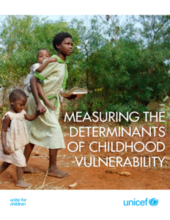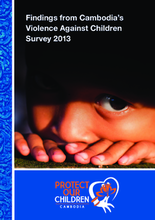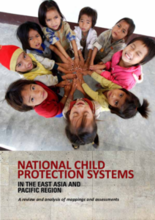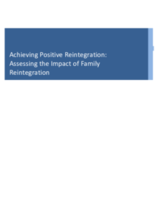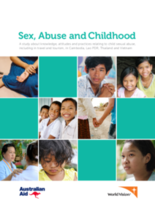This country page features an interactive, icon-based data dashboard providing a national-level overview of the status of children’s care and care reform efforts (a “Country Care Snapshot”), along with a list of resources and organizations in the country.
demographic_data
childrens_living_arrangement
children_living_without_bio
social_work_force
key_stakeholders
Key Stakeholders
Add New DataOther Relevant Reforms
Add New Datadrivers_of_institutionalisation
Drivers of Institutionaliziation
Add New Datakey_research_and_information
Key Data Sources
Add New DataMapping of residential care facilities in the capital and 24 provinces of the kingdom of Cambodia
National estimation of children in residential care institutions in Cambodia: A modelling study
Prevalence and number of children living in institutional care: global, regional, and country estimates
Shaping the national social protection strategy in Cambodia: Global influence and national ownership
Towards a Social Protection Strategy for the Poor and Vulnerable: Outcomes of the consultation process
Country Care Profile: Cambodia
Acknowledgements
Data for this country care snapshot was contributed by partners at Family Care First and UNICEF Cambodia.
Displaying 231 - 240 of 285
This video sheds light on the exploitation of children in orphanages in Cambodia.
Recent controversy around the accuracy of a famed Cambodian woman’s story of sex trafficking has shone a light on the current state of many Cambodian orphanages and their duplicitous practices.
In this piece from Radio Australia, Phil Kafcaloudes interviews Tara Winkler, an Australian woman who set up an orphanage in Cambodia at the age of 21 and who has since changed her mind about institutional care.
This study by UNICEF sought to identify key determinants of vulnerability among children –including those affected by HIV and AIDS – that can contribute to developing an improved global measure of vulnerable children in the context of HIV and AIDS. Data from the most recent available household surveys at the time of analysis was used from 11 countries – Cambodia, Central African Republic, Haiti, Malawi, Rwanda, Sierra Leone, Swaziland, Uganda, United Republic of Tanzania, Zambia and Zimbabwe – were pooled.
This article highlights the dangers of orphanage volunteering and explains why NGOs and other child protection agencies urge against volunteering in orphanages in Cambodia.
This study consisted of a cross-sectional household survey of 13- to 24-year-old females and males to estimate the burden of violence against children in Cambodia.
This report presents findings from the 2013 Cambodia Violence Against Children Survey (CVACS) which provides national estimates that describe the magnitude and nature of sexual, physical and emotional violence experienced by girls and young women and boys and young men in Cambodia.
This report presents the findings of a mappings and assessments review of child protection systems in 14 countries including Cambodia.
This study investigates the impact of reintegration of children from five transitional shelters into their families in Cambodia, and explores key factors (such as consistent and regular follow-up), that contribute to positive, stable outcomes for them.
This report presents an overview of the findings of four separate studies conducted in vulnerable communities in Cambodia, Lao PDR, Thailand, and Vietnam on knowledge, attitudes and practices related to child sexual abuse, including in travel and tourism.

